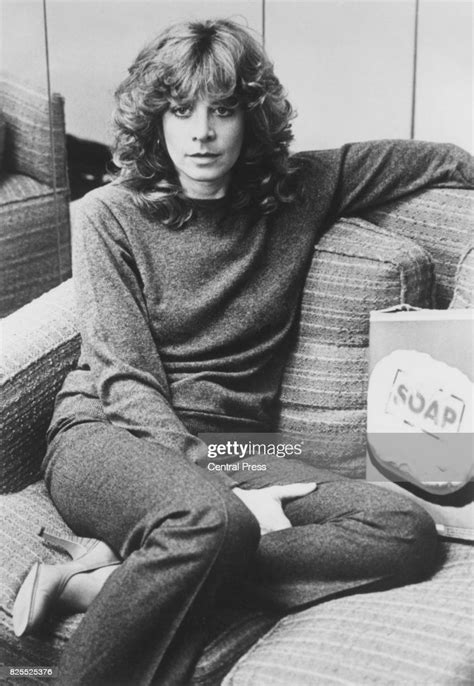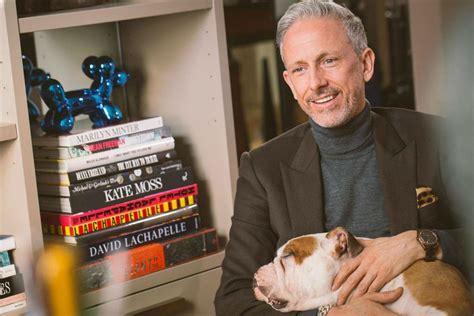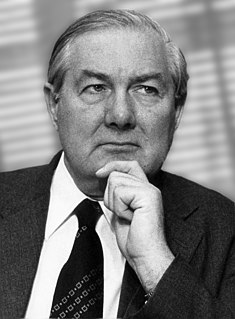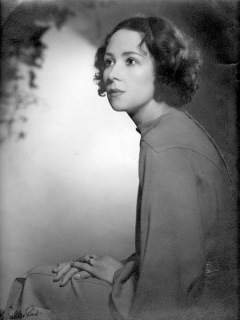A Quote by David Olusoga
Many anglophone Africans still have deep emotional, economic and often familial links to Britain, but those with money are now as keen to holiday in Dubai as London.
Related Quotes
I think when we opened in 2001, it was holy ground. There was nothing here. Back then, being on the Dubai Creek was an amazing position, and I would come one or two times a year, max. Now it's so different. The travel dilemma has disappeared and it is so easy to get to Dubai. What is it, seven hours from London? It's pretty easy.
The concerted effort to minimize Christmas has resulted in it being our national Happy Holiday holiday. The Christmas season is now the holiday season. Christmas parties are now holiday parties. Christmas is a time for giving and receiving presents and in many homes, nothing more. Who is this fellow, Jesus Christ, anyway?
Some people think that culture is overhyped and peripheral. A season of opera is less important than the refurbishment of a school, they say. Leaving aside the poverty of imagination and aspiration implicit in such a sentiment, it also ignores hardheaded economic reality: Britain, and London in particular, makes big money from culture.
There is the possibility that these troops will be used against us if we are victorious. There is also the possibility that in fact the South Africans are there at the invitation of Britain, because Britain is hesitating to remove them. Hence there is a need for us to combine forces and demand through all political platforms, through all media, the withdrawal of South African troops and action, definite action, by Britain to get those South African troops out.
Money is not a part of the visible sector of the economy; people do not consume money. Money is not a physical factor of production, but rather a yardstick for measuring economic input, economic outtake and the relative values of the real goods and services of the economic world. Money provides a method of measuring obligations, rights, powers and privileges. It provides a means whereby certain individuals can accumulate claims against others, or against the economy as a whole, or against many economies.








































